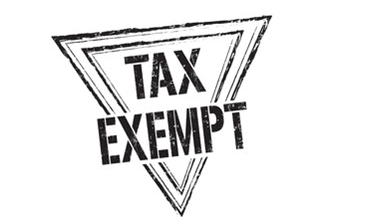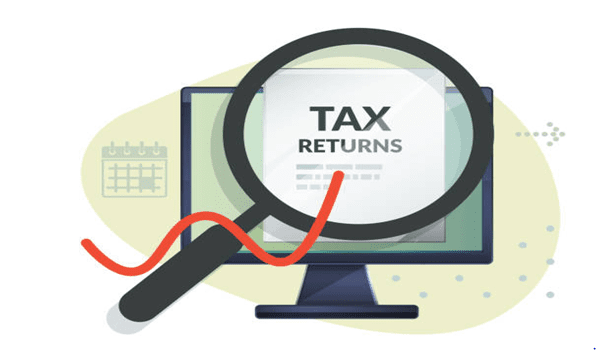ITR, an acronym for Income Tax Return, which is governed by the Income-tax Act of 1961. This article speaks about various types of ITR forms available and it’s applicability.
What's ITR?
Reasons to file ITR include
When is it mandatory to file Income Tax Returns?
1) If your gross total income exceeds the basic exemption limit:

| Age Group | Basic Exemption Limit |
| For individuals below 60 years | Rs 2.5 lakh |
| For individuals 60 years or more but below 80 years | Rs 3.0 lakh |
| For individuals 80 years or above | Rs 5.0 lakh |
2) Even if your income is below the basic exemption limit, you must file your tax return if you meet any of the following conditions:
a. Deposited more than Rs 1 crore in 'current' bank account: If you have deposited a total of Rs. 1 crore or more in one or more current accounts with a bank, you are required to file a tax return. This condition does not apply to deposits made in post office current accounts.
b. Deposited more than Rs 50 lakh in 'savings' bank account: If the total amount deposited in one or more of your savings bank accounts exceeds Rs 50 lakh, you must file a tax return.
c. Spent more than Rs 2 lakh on foreign travel: If you incurred total expenditure of more than Rs 2 lakh on foreign travel, whether for yourself or any other person, filing a tax return becomes mandatory.
d. Electricity expenditure is more than Rs 1 lakh: If your expenditure towards electricity consumption during the previous year surpasses Rs 1 lakh, you are required to file a tax return.
e. TDS or TCS is more than Rs 25,000 (Rs 50,000 for senior citizens above 60 years): If the tax deducted at source (TDS) or tax collected at source (TCS) exceeds Rs 25,000 in the previous year (Rs 50,000 for senior citizens above 60 years), you must file a tax return.
f. Business turnover is more than Rs 60 lakh: If you are engaged in business and your total sales, turnover, or gross receipt exceeds Rs 60 lakh during the previous year, filing a tax return becomes mandatory.
g. Professional income is more than Rs 10 lakh: If you earn income from a profession and your gross receipts exceed Rs 10 lakh during the previous year, you are required to file a tax return.

Individuals who fall under the following categories are exempted from filing Income Tax Returns
Which ITR form to file depends on specific income and financial situation

1) ITR-1

2) ITR-2

3) ITR-3

4) ITR-4

5) ITR-5

6) ITR-6
For companies other than those claiming exemption under section 11 (Income from property held for charitable or religious purposes), this return must be filed electronically only.
You can check out Zeal's Service of filing ITR-6

7) ITR-7
Conclusion
Understanding Income Tax Returns (ITR) is crucial for taxpayers. Choose the right form based on income sources and total income. Mandatory filing depends on income thresholds and specific circumstances.
If you want to know more, click on the link below and schedule a consultation with us.

